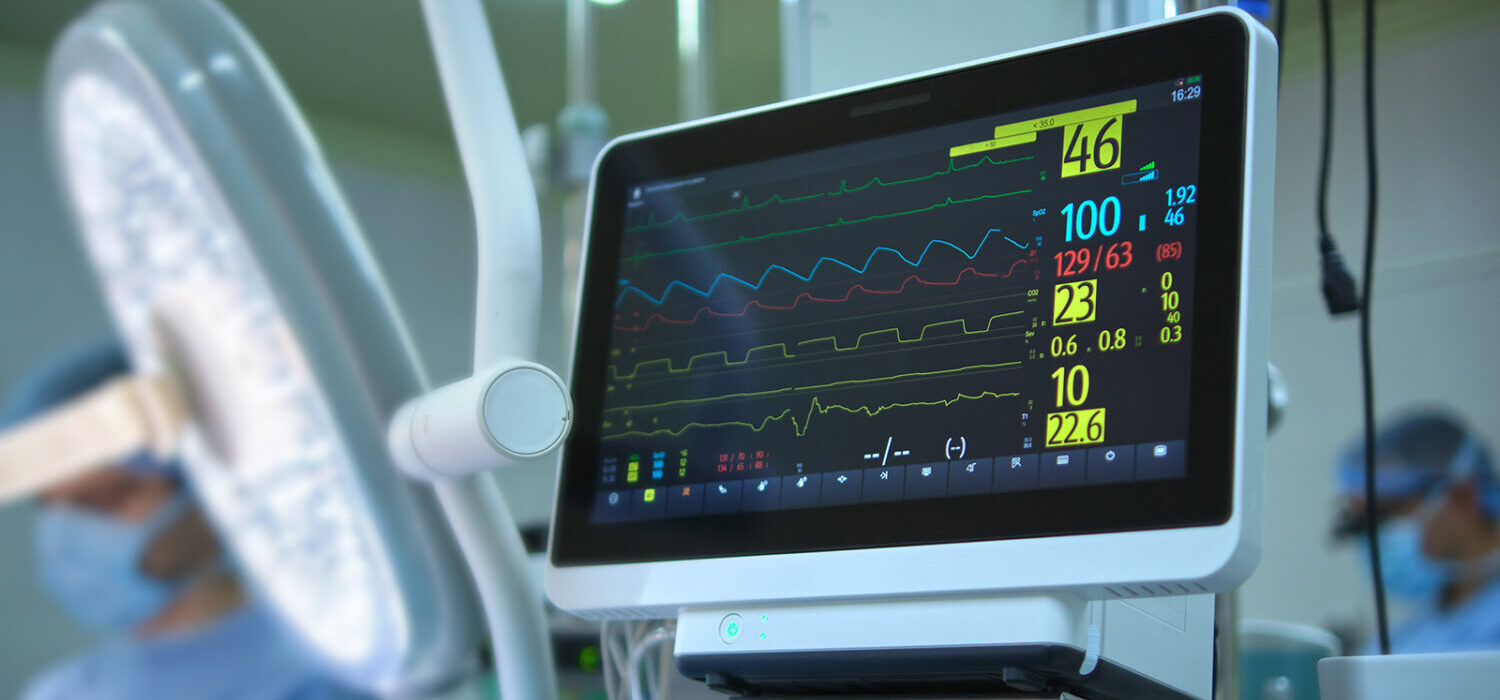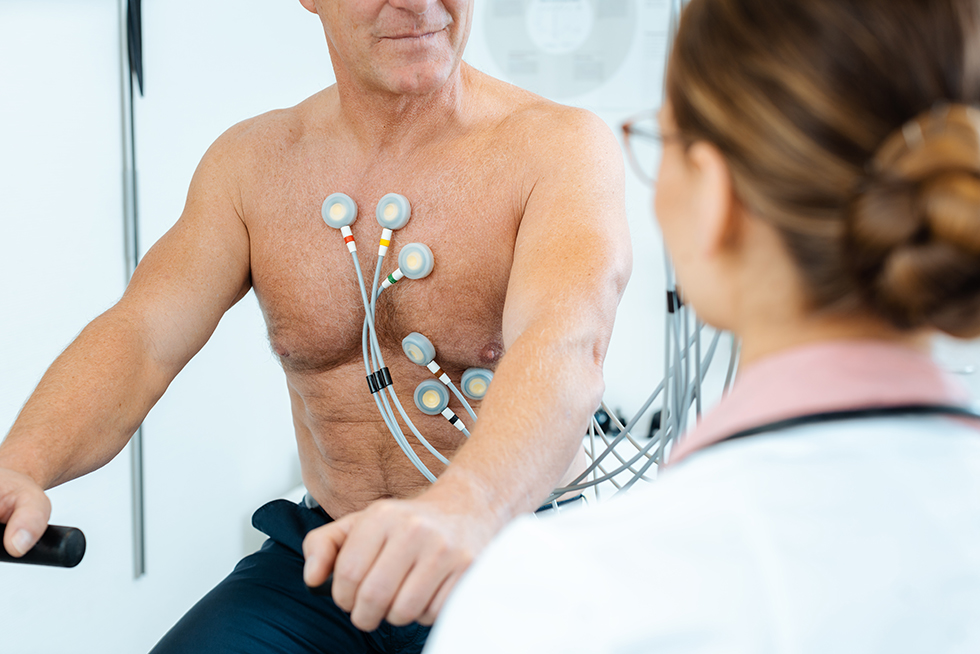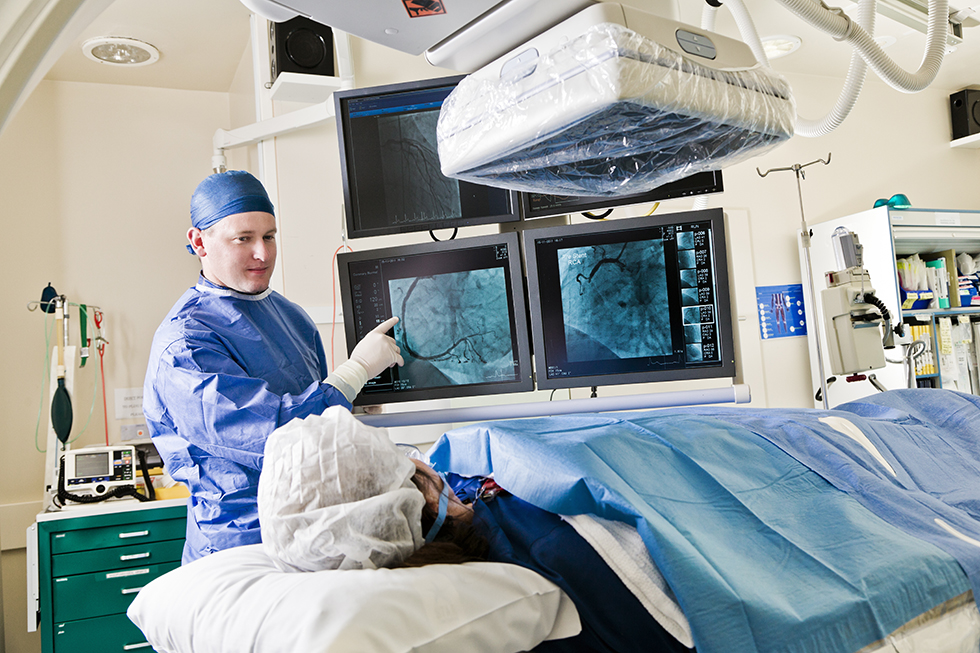Diagnosis and treatment of heart disease
Cardiac examinations make it possible to diagnose and treat diseases of the heart, the circulatory system and the vessels close to the heart at an early stage. The most important examinations include ECG, echocardiography, cardiac catheterisation and myocardial scintigraphy. They are used, for example, to clarify suspected heart diseases such as coronary heart disease, heart failure or cardiac arrhythmia.


